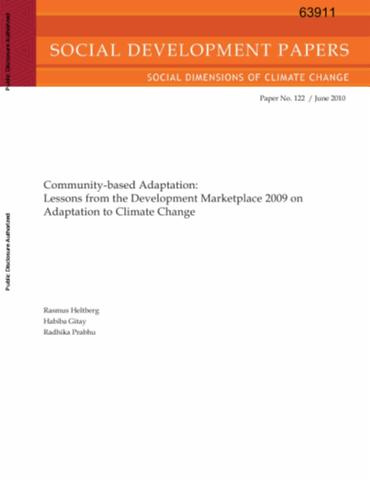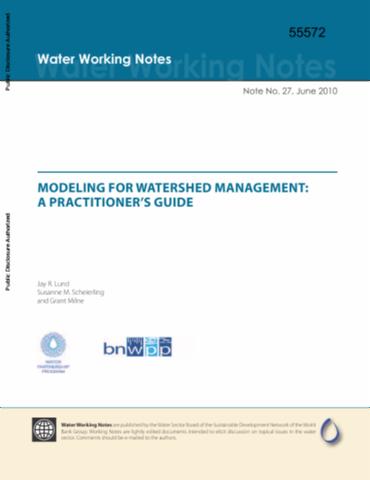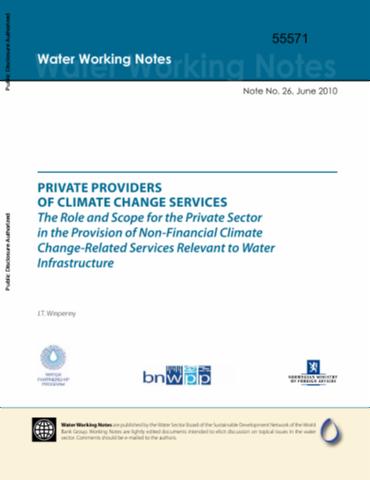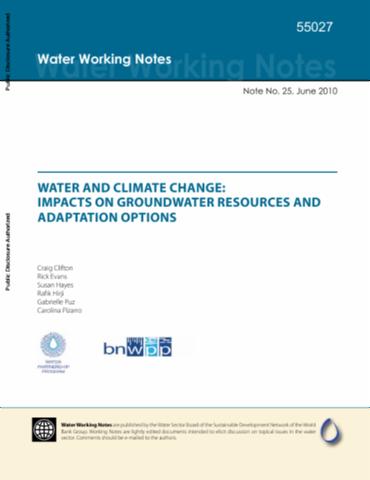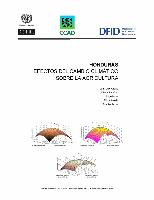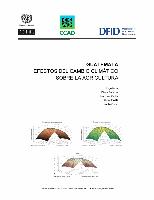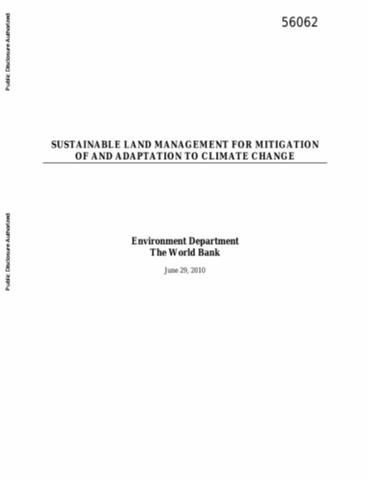Community-based Adaptation
The Development Marketplace 2009 focused on adaptation to climate change. This paper identifies lessons from the Marketplace and assesses their implications for adaptation support. The findings are based on: statistical tabulation of all proposals; in-depth qualitative and quantitative analysis of the 346 semi-finalists; and interviews with finalists and assessors. Proposals were fuelled by deep concerns that ongoing climate change and its impacts undermine development and exacerbate poverty, migration and food insecurity.

